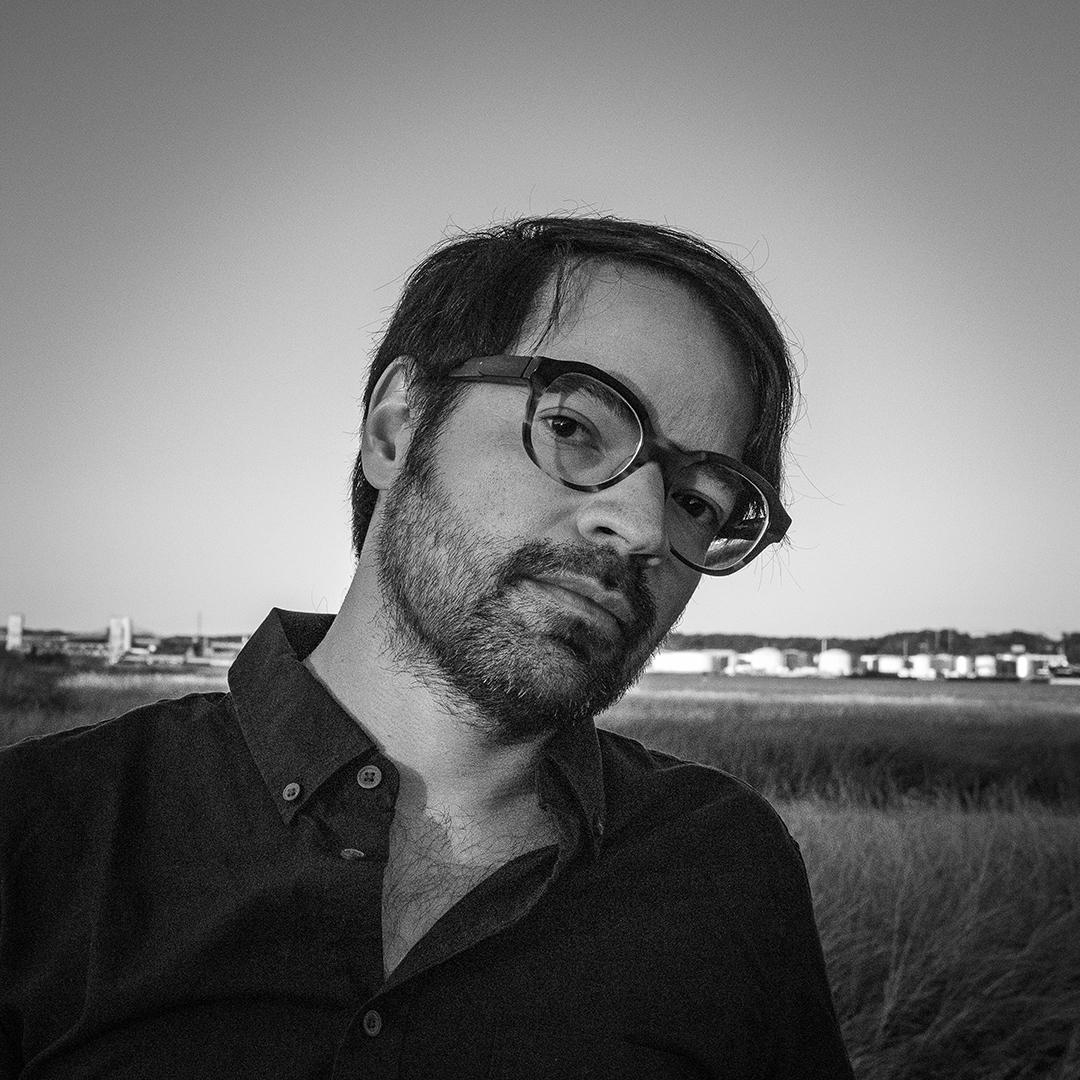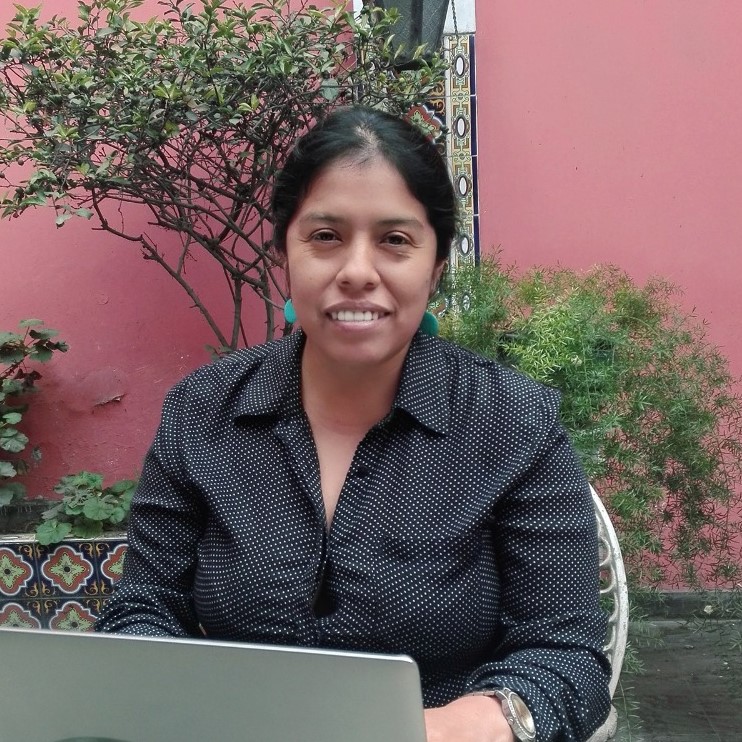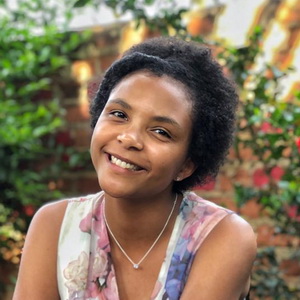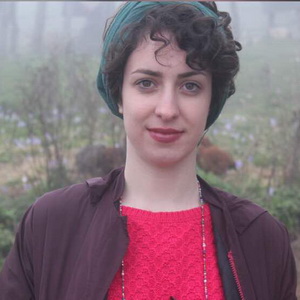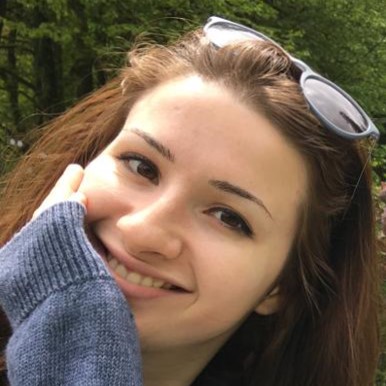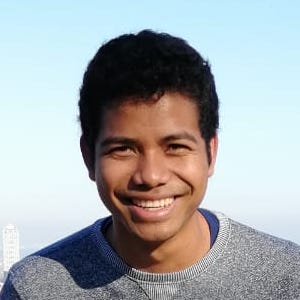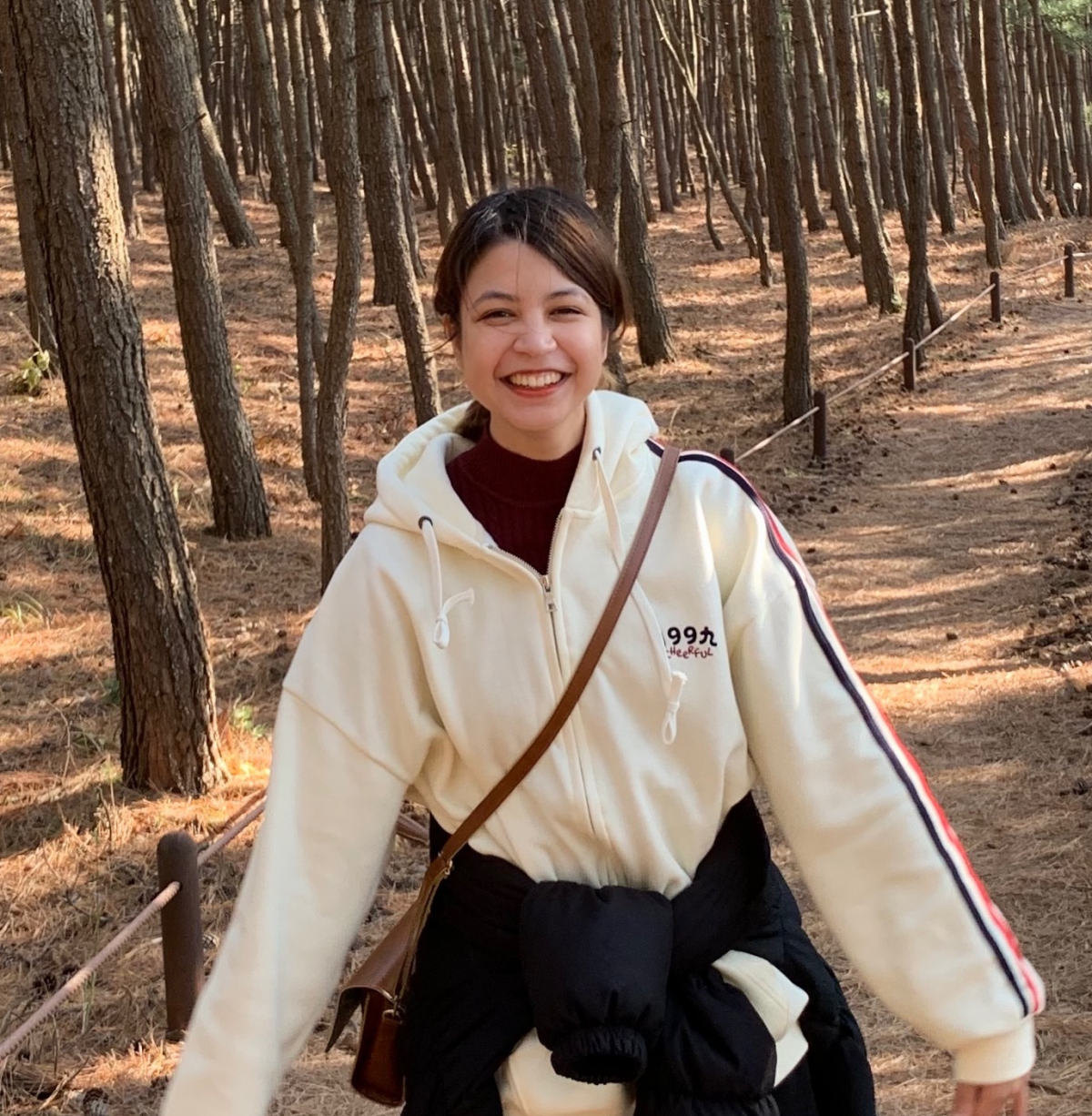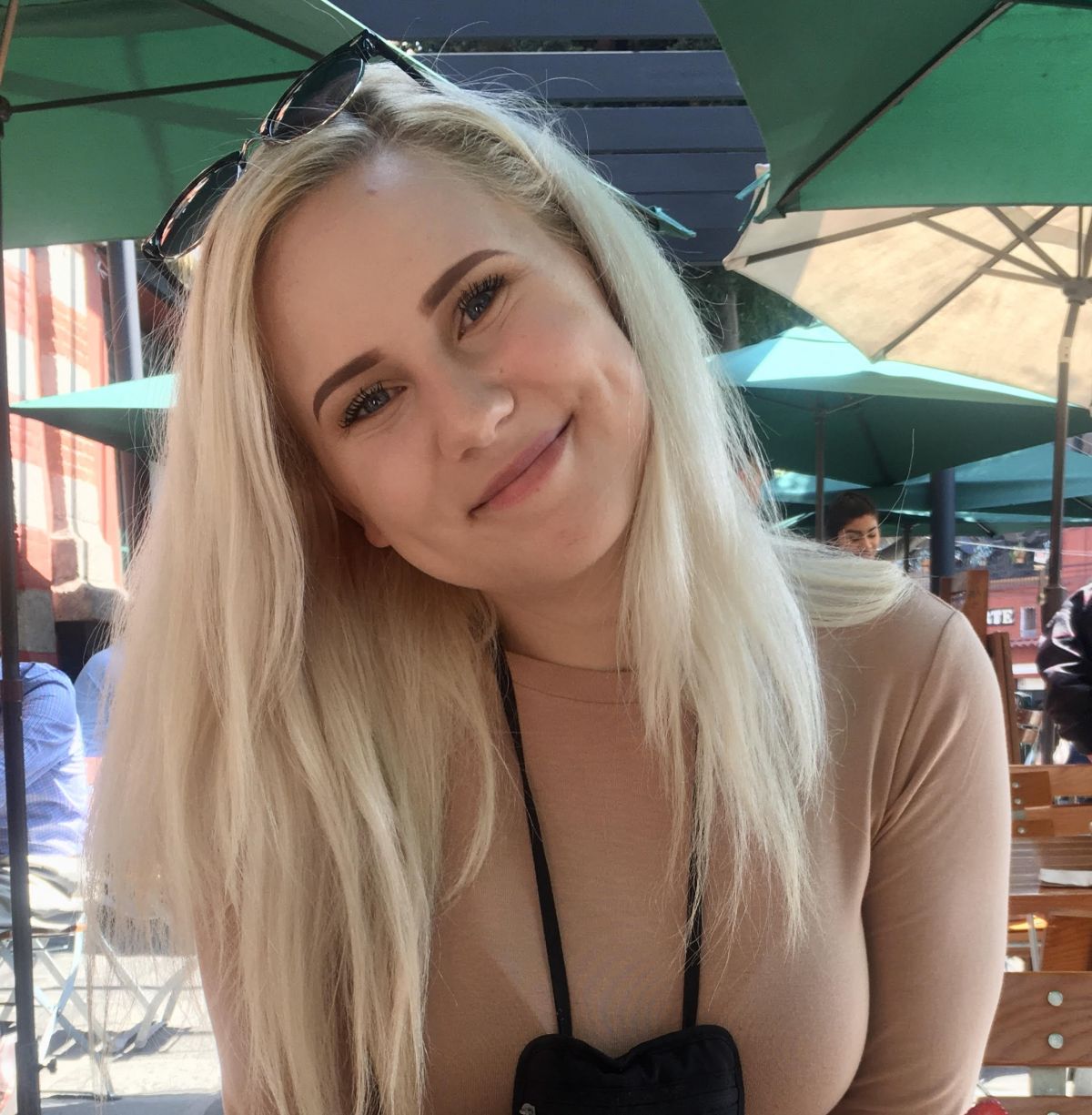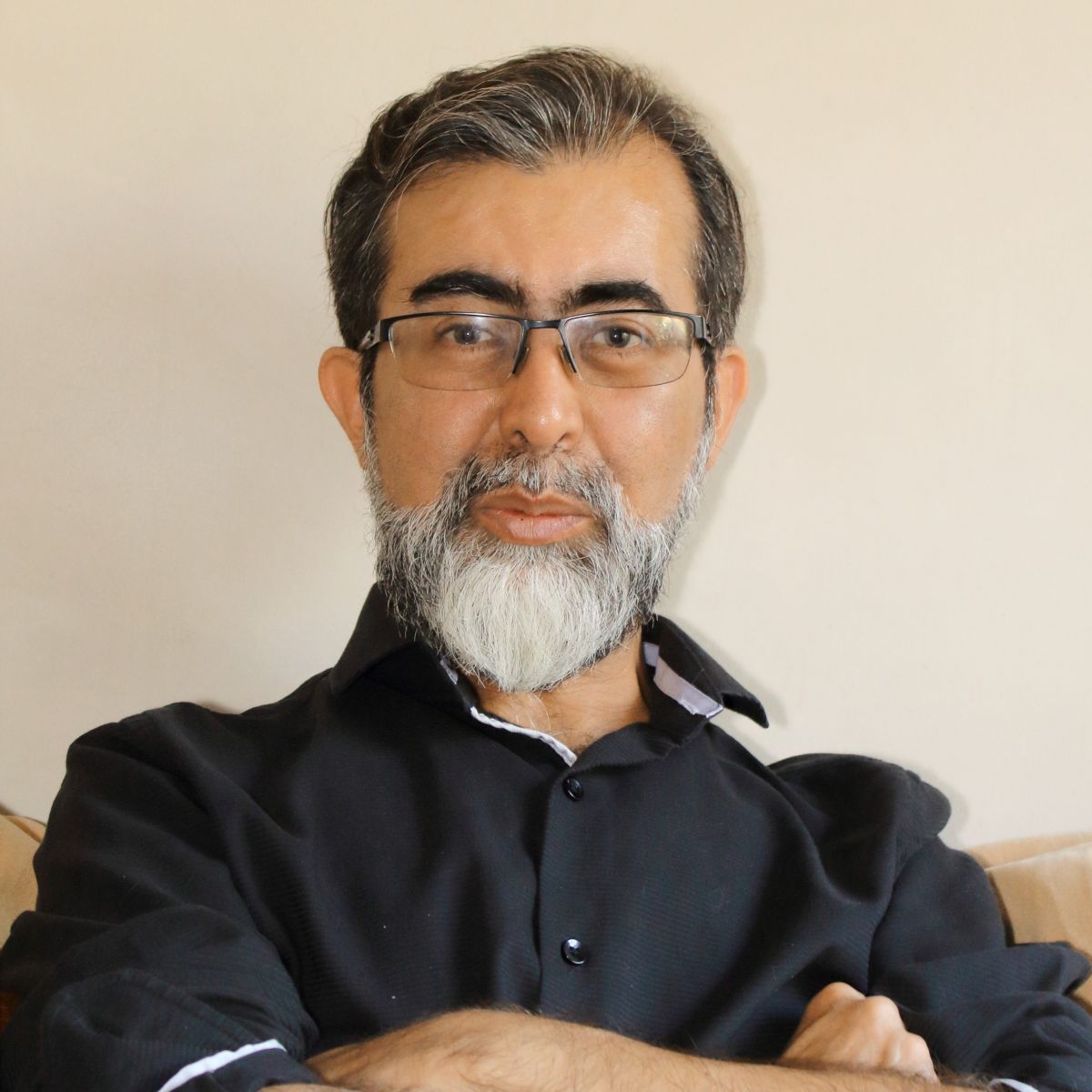Appunti dal limbo portoricano: Introduzione
Nelle prossime serie delle mie storie condividerò la mia opinione sulle questioni più pressanti e sulle idee a cui facciamo ricorso per affrontarle, filtrata dalle lenti tri-pensiero del limbo portoricano al tempo del COVID e del malcontento sociale.
United States, Northern America
Story by Javier A. Román-Nieves. Translated by Stefania Ledda
Published on November 7, 2022.
This story is also available in 
Con le sedie impilate da una parte e tutti in piedi al centro dell’aula senza un ordine preciso, agli studenti provenienti dagli Stati Uniti venne chiesto di mettersi in fila lungo una parete, mentre quelli provenienti da altri paesi fecero lo stesso lungo il lato opposto. Questo esercizio di gruppo, all’interno di una stanza, faceva parte di un seminario sulla diversità destinato alle matricole della Yale School of the Environment. Un coordinatore poneva delle domande ideate allo scopo di spingere i partecipanti ad auto-identificarsi e ad adattare più volte le proprie risposte in base alle differenze che vedevano rispetto agli altri, rendendo evidente l’eterogeneità del gruppo. Quella specifica domanda, sei di ‘qui’ o no, era molto semplice e implicava una risposta diretta, a meno che tu non venissi da uno dei territori non incorporati ma sotto il controllo degli Stati Uniti, come nel mio caso.[1]
Vivere, in quanto portoricano, nella metropoli stabilitasi sulle mie isole di origine implica costanti chiarimenti.
Quindi, rimasi in piedi, imbarazzato al centro della stanza con lo sguardo di tutti puntato su di me, incluso il coordinatore, che mi chiese da dove venissi. Risposi che venivo dal Porto Rico e lui comprese immediatamente l’imbarazzo che provavo in quella situazione. Così, spiegò ai miei compagni il nostro status di cittadini coloniali di seconda classe. Dopotutto, queste spiegazioni erano parte integrante della mia esperienza a Yale così come lo erano altrove. Ho dovuto rispondere a domande come “Perché ti esprimi così chiaramente in inglese?” o “Perché ti accanisci sempre quando si parla di colonialismo?” o, a volte, “Perché ti va bene che ci sia scompiglio negli Stati Uniti?”. Vivere, in quanto portoricano, nella metropoli stabilitasi sulle mie isole di origine implica costanti chiarimenti.
Il punto è che qualsiasi cosa scegliamo, lo status coloniale del Porto Rico rimane immutato. Coloro che, come me, si rifiutano di compiere questa falsa scelta si ritrovano a vivere in uno Stato in sospeso.
Dopo essermi laureato a Yale, mi sono preso un anno per me, per riposare e concludere alcuni progetti personali. Adesso, in quanto portoricano alla ricerca di lavoro nel peggior periodo possibile, mi sento come se fossi ancora a quel seminario, in piedi al centro dell’aula. In quanto oggetto di storia coloniale, i portoricani vivono in un limbo politico: siamo nati sul territorio degli Stati Uniti e ci viene riconosciuta la cittadinanza americana, tranne molti dei diritti costituzionali che derivano da essa. Qui ci si aspetta che noi compiamo una scelta impossibile: restare negli Stati Uniti e fingere di partecipare alle decisioni politiche, mentre rischiamo l’assimilazione culturale, o ritornare nelle nostre isole e fingere di amministrare il regime coloniale, mentre ci teniamo stretta un’identità fluida. Il punto è che qualsiasi cosa scegliamo, lo status coloniale del Porto Rico rimane immutato. Coloro che, come me, si rifiutano di compiere questa falsa scelta si ritrovano a vivere in uno Stato in sospeso.
Come ha detto una volta un amico, qui i portoricani devono impegnarsi costantemente in una sorta di tri-pensiero
Questo dimostra quanto rimanere al centro dell’aula, non arrivando completamente dagli Stati Uniti né interamente da una nazione regnante, richieda una sfibrante ginnastica mentale. Come ha detto una volta un amico, qui i portoricani devono impegnarsi costantemente in una sorta di tri-pensiero[2]: indichiamo alle politiche ufficiali degli Stati Uniti che siamo cittadini mentre veniamo trattati come stranieri e, allo stesso tempo, ci facciamo strada tra le reinterpretazioni degli stessi problemi fornite dalla gente rimasta a “casa.” Filtro tutti questi racconti, provenienti dalla mia università, dai media e dal sistema politico, attraverso tutte queste lenti simultaneamente. Anche idee ampiamente discusse per comprendere le questioni ambientali e sociali passano attraverso questo sistema di analisi. Tanto per cominciare, ad esempio, il postcolonialismo acquisisce significati completamente nuovi se non si è ancora finito di esplorare il colonialismo.
Nelle prossime serie delle mie storie, mi unirò ad altri Correspondents of the World, condividendo la mia opinione sulle questioni più pressanti e sulle idee a cui facciamo ricorso per affrontarle, filtrata dalle lenti tri-pensiero del limbo portoricano al tempo del COVID e del malcontento sociale.
[1] The US still holds 13 unincorporated territories, which include Puerto Rico, Guam, the US Virgin Islands, the Northern Mariana Islands, American Samoa, and eight other Pacific Islands. For more info see: https://www.worldatlas.com/articles/the-territories-of-the-united-states.html
[2] ‘Triplethink’ is a play on George Orwell’s concept of ‘doublethink’ and refers to thinking and navigating multiple contradictory viewpoints at the same time.
How does this story make you feel?
Follow-up
Do you have any questions after reading this story? Do you want to follow-up on what you've just read? Get in touch with our team to learn more! Send an email to [email protected].
Talk about this Story
Please enable cookies to view the comments powered by Disqus.
Subscribe to our Monthly Newsletter
Stay up to date with new stories on Correspondents of the World by subscribing to our monthly newsletter:
Other Stories in Italiano
Explore other Topics
Get involved
At Correspondents of the World, we want to contribute to a better understanding of one another in a world that seems to get smaller by the day - but somehow neglects to bring people closer together as well. We think that one of the most frequent reasons for misunderstanding and unnecessarily heated debates is that we don't really understand how each of us is affected differently by global issues.
Our aim is to change that with every personal story we share.
Community Worldwide
Correspondents of the World is not just this website, but also a great community of people from all over the world. While face-to-face meetings are difficult at the moment, our Facebook Community Group is THE place to be to meet other people invested in Correspondents of the World. We are currently running a series of online-tea talks to get to know each other better.











